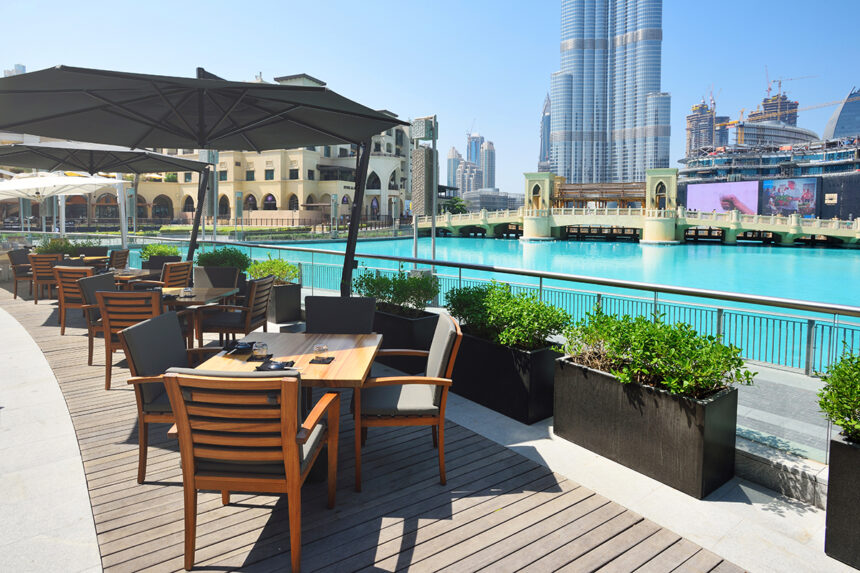The Dubai restaurants sector experienced a 15 percent decrease in Cena Ramadán dinner compared to unbasted periods, according to the data published by Syrve Mena.
The figures suggest that residents prefer to spend afternoons with the family instead of dinner the duration of the sacred month.
Ramadan increases deliveries
While the restaurants reported less sitting customers, delivery services demonstrated significant resistance. The places based on shopping centers recorded a 13.6 percent increase in delivery orders.
“The average order value in Syrve Mena’s customer restaurants for the duration of Ramadan is Smeflitemmentsssssssssssssssssssssssssssssssssssssssssssssssssssss.
The data highlight different order patterns based on the type of kitchen and the time of day. The food halls received approximately 26.7 percent of their orders between 19:00 and 21:00 doors of the Holy Month.
The Restaurants of the Middle East, which the locals prefer to Ifar, saw 51.3 percent of their total orders that occurred between 23:00 and 03:00.
This trend reflects the patterns observed in Saudi Arabia, where restaurants also inform the maximum demand before IFTAR already high hours of the night.
Throughout the Mena region, food delivery orders generally increase between 8:00 pm and 11:00 pm, which reflects the cultural importance of breaking quickly.
The decrease in dinner orders varied according to the type of kitchen: the restaurants of the Middle East saw the most pronounced fall in 20.6 percent, followed by Italian (10.8 percent), Indian (7.6 percent) and Central Asia (5.1 percent). Despite this recession, the average values of dinner order increased by approximately 5.3 percent of Ramadán Justo.
The traditional dishes dominated the orders of Ramadan, with Samosas, Mahshi, Knafeh, Opor Ayam and Rendang being popular options of Ifar.
The change in gastronomic habits reflects the duration of broader cultural trends. Statistics show that 54 percent of consumers in Saudi Arabia and the EAU plan to share more meals with family and friends who last the period, while 41 percent of EAU residents hope to increase their expenses.
It is projected that online grocery sales will increase by 52 percent, indicating a growing preference for the duration of homemade meals of the sacred month.








